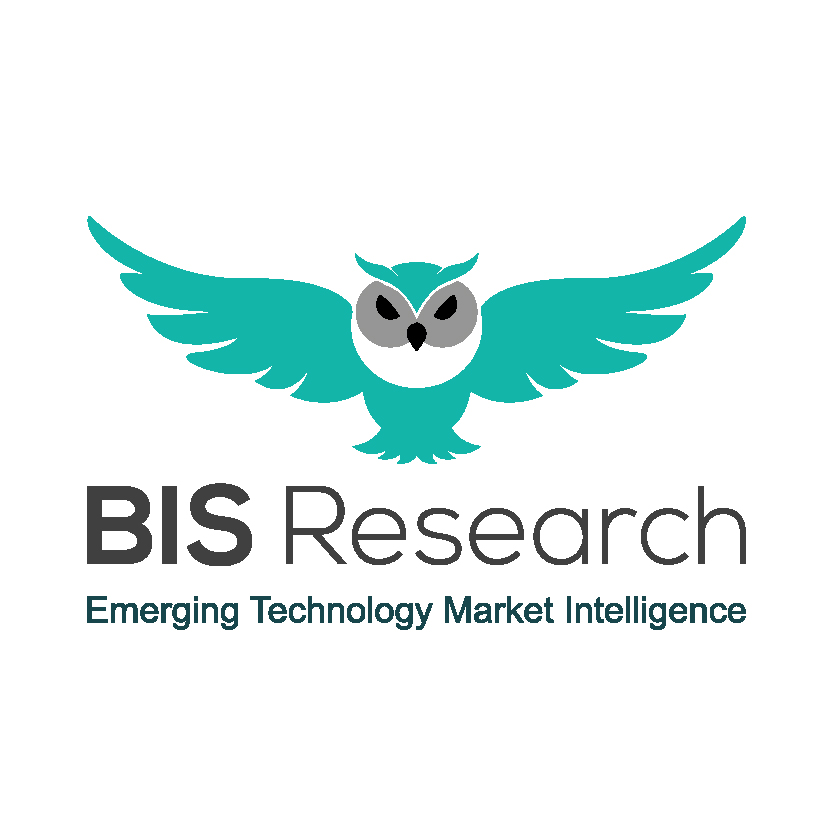Health & Safety Industry Today
U.S. MRD Testing Market Projected to Reach $1,667.5 Million by 2030 – BIS Research
Market Overview:
a) Market Size and Growth Rate:
The U.S. Minimal Residual Disease (MRD) testing market is projected to grow significantly, with its value rising from $752.5 million in 2024 to an estimated $1,667.5 million by 2030, reflecting a robust CAGR of 14.18% during the 2024–2030 forecast period.
b) Trends & Innovation:
The market is witnessing a surge in the adoption of next-generation sequencing (NGS) and digital PCR technologies, enhancing the sensitivity and specificity of MRD detection. The integration of artificial intelligence (AI) and machine learning algorithms is further refining diagnostic accuracy and enabling personalized treatment strategies.
Access insight on U.S. MRD testing market
Key Highlights:
Report USP:
- Comprehensive analysis of market dynamics, including drivers, challenges, and opportunities.
- Detailed segmentation by technology, application, end-user, and region.
- Insights into competitive landscape and strategic initiatives of key players.
- Evaluation of emerging technologies and their impact on market growth
- Assessment of regulatory frameworks influencing market dynamic
Access Sample Report (Including Full TOC, List of Tables, Figures, and Chart)
Report also focuses on the market dynamics, technology landscape and challenges of the market
The U.S. MRD testing market is witnessing strong growth driven by rising cancer cases, increasing demand for personalized treatments, and rapid molecular diagnostic advancements. In 2022, leukemia made up 13% of adolescent cancer diagnoses, while myeloma cases surpassed 34,000. Hospitals and specialty clinics led the end-user segment with a 44.01% share in 2023, reflecting the integration of MRD testing into oncology care. Research institutions and diagnostic labs are also key contributors, with projected CAGRs of 14.1% and 13.3%, respectively, underscoring MRD's expanding role in clinical trials and routine diagnostics.
Demand Drivers, Challenges & Opportunities:
Demand Drivers
The increasing incidence of hematological malignancies and solid tumors necessitates advanced diagnostic tools like MRD testing for early detection and monitoring. The shift towards personalized medicine and the need for precise prognostic tools are propelling market demand.
Challenges
High costs associated with advanced MRD testing technologies and limited reimbursement policies pose significant challenges. Additionally, the need for standardized protocols and the complexity of data interpretation hinder widespread adoption.
Opportunities
The integration of MRD testing into routine clinical practice offers substantial growth opportunities. Collaborations between diagnostic companies and healthcare providers can facilitate the development of cost-effective solutions, expanding access to MRD testing.
Objective of the Study
This study is designed to comprehensively profile approximately 200 Minimal Residual Disease (MRD) testing facilities across the United States. The scope includes:
- MRD Testing Laboratories
- MRD Testing Hospitals
- MRD Testing Companies
- MRD Testing Centers
- MRD Testing Volumes
- MRD Market Insights
The goal is to provide strategic, data-driven insights that enable market analysis, competitive benchmarking, and regional opportunity identification. By examining operational metrics, this report helps stakeholders pinpoint underserved areas, foster partnerships, and streamline clinical workflows. The detailed testing data also facilitates the adoption of advanced technologies, supports regulatory compliance, and strengthens advocacy for funding. Ultimately, the study serves as a valuable resource to accelerate innovation and boost competitiveness in the U.S. MRD testing ecosystem.
Download complete TOC now!
Competitive Landscape:
Strategic Initiatives
Key players are engaging in partnerships, mergers, and acquisitions to enhance their product portfolios and expand their market presence. Investments in research and development are focused on improving test sensitivity, reducing costs, and integrating AI for data analysis.
Case Studies & Success Stories:
Adaptive Biotechnologies' collaboration with Microsoft to develop the immunoSEQ platform exemplifies successful integration of AI in MRD testing, leading to more accurate diagnostics. Natera's Signatera test has demonstrated clinical utility in detecting residual disease in colorectal cancer patients, influencing treatment decisions and improving outcomes.
Schedule a Call with Industry Experts
Related Reports from BIS Research
India Emerging Infectious Disease Diagnostics Market
Medical X-Ray Detectors Market
About BIS Research
BIS Research is a global B2B market intelligence and advisory firm focusing on deep technology and related emerging trends, which can disrupt the market dynamics in the near future. We publish over 200 market intelligence studies annually, focusing on several deep technology verticals.
Our strategic market analysis emphasizes market estimations, technology analysis, emerging high-growth applications, deeply segmented granular country-level market data, and other important market parameters useful in the strategic decision-making for senior management.
BIS Research offers syndicate and custom studies and expert consultations to firms, providing them with specific and actionable insights on novel technology markets, business models, and competitive landscapes.
Contact
Head of Marketing
Email: media@bisresearch.com
BIS Research Inc.
39111 PASEO PADRE PKWY STE 313,
FREMONT, CA 94538-1686
Share on Social Media



Other Industry News
Ready to start publishing
Sign Up today!








